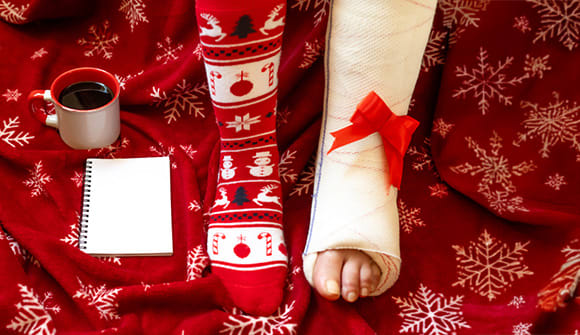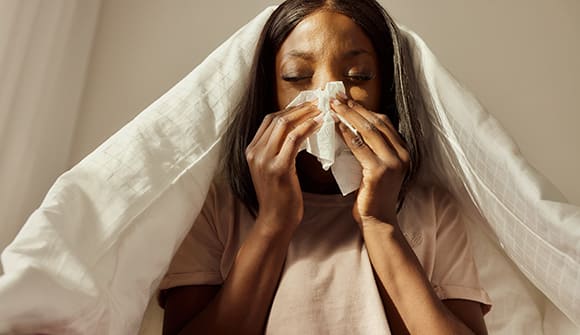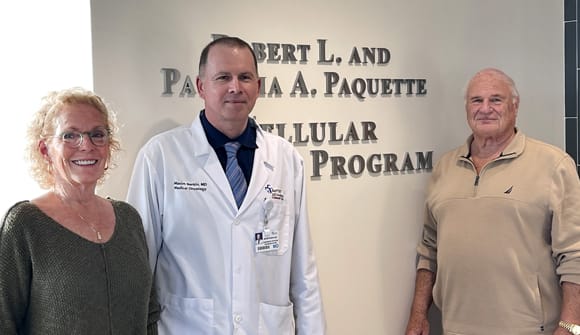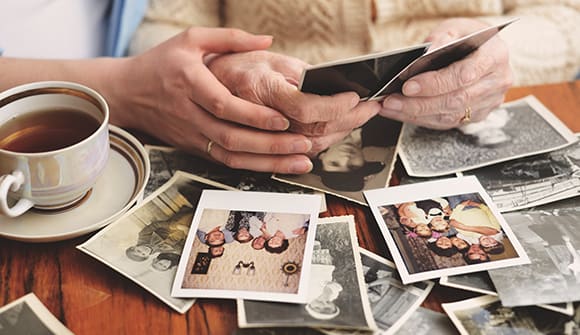Parents and babies need our support
Supporting parents during this crisis and beyond
Article Date:
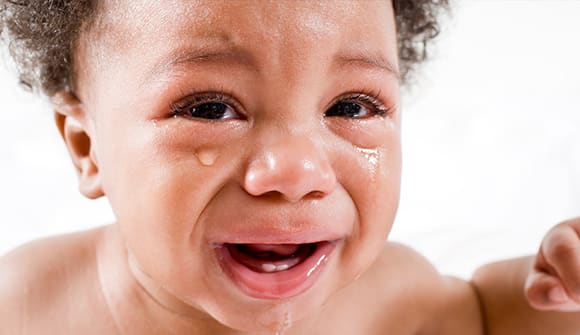
Our guest columnist is Randell Alexander, MD, is a child abuse pediatrician and chief of the Division of Child Protection and Forensic Pediatrics at the UF College of Medicine -- Jacksonville.
In this time of stress, let’s not forget that young parents and children need our help. With hurricanes and other natural disasters, child abuse rates increase. With coronavirus, the disaster will be prolonged. Children are out of school and daycare. Parents may have lost their jobs. Fear of sickness and continuous media coverage create psychological burdens not only on adults but children. Physical distancing should not equate to social isolation for children.
April is Child Abuse Prevention Month. Typically, this is a time when blue ribbons remind us of the more than 2,000 children who die each year from neglect and physical abuse, and the hundreds of thousands of child survivors who endure pain, suffering, humiliation, injury, and trauma. Often the psychological consequences last a lifetime.
Research by the Centers for Disease Control and Prevention (CDC) and others has shown that with the more types of abuse that a child sustains, the greater the health declines, even for adults. With more adverse childhood experiences there is more adult drug and alcohol use, mental health problems, and domestic violence. Less obvious is that increased adverse childhood experiences result in a higher risk of cancer, chronic obstructive pulmonary disease, diabetes, problems with work, severe obesity, and even decreased lifespan. Research has shown substantial negative brain changes with sexual abuse, physical abuse, and neglect – often changing the brain forever.
The vast majority of parents do not want this for their children. Yet the stresses of isolation and fear increase the chance that a child might be physically abused or left alone. Isolation can breed sexual abuse. The FBI warns about online predators exploiting the increased screen time of children at home.
Here are some things we can do to support each other:
- Help parents understand what normal development is. Babies cry. Sometimes a lot. Coping with crying is an important skill for parents to master. Put your baby down for 5 minutes, safely in a crib or playpen and walk out of the room. Better yet, call someone for support or have someone take over for a respite.
- Toddlers often seem oppositional. It seems like their job description. Help them by gentle quiet time and redirection. Reinforcing their positive behaviors leads to better overall behaviors than attention only when they misbehave.
- Help parents who have to work and should not leave their children home alone. Parents need to find ways to band together to take care of children and still provide for the family.
- Listen carefully to children if they seem anxious or fearful. With any concerns about abuse, call the Florida Hotline at 800.962.2873 or go online.
Resources for parents can be found at websites for the CDC, the American Academy of Pediatrics, and Wolfson Children’s Hospital
